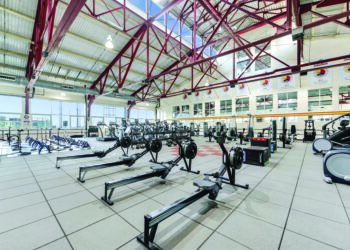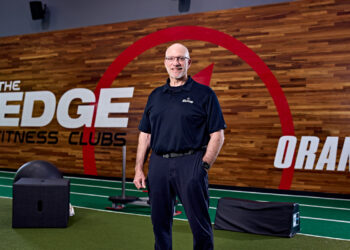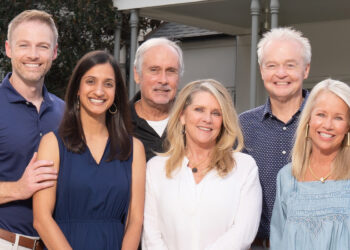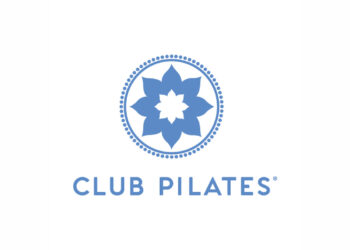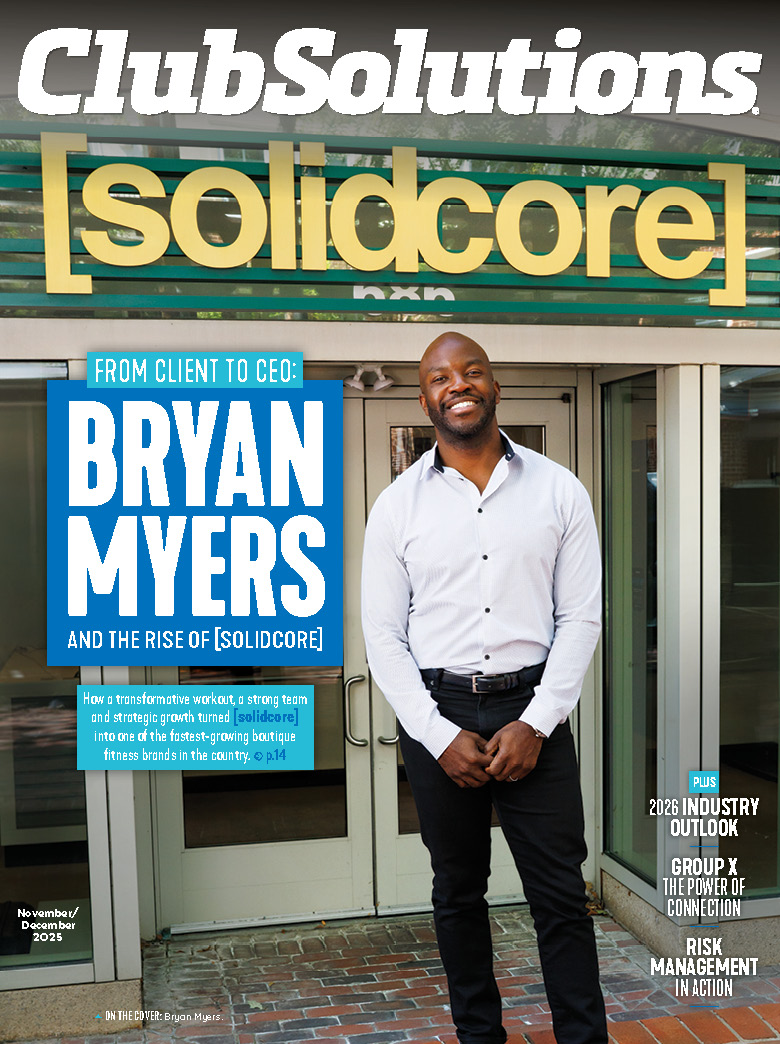Stafford Hills Club in Tualatin, Ore., is working towards a Leadership in Energy and Environmental Design (LEED) certification — an official stamp of “green” approval in the U.S, distributed by the U.S. Green Building Council.
We spoke with Maggie Creps, the director of member services, on what effort goes into striving to become a LEED-certified facility.
Q: What was the biggest challenge Stafford Hills faced in striving to become LEED certified, and how did you try to overcome that challenge?
A: The biggest challenge was in evaluating which LEED initiatives to pursue, based on our location and type of business. There are significant costs involved in the LEED process, some of which make more sense and have higher value based on one’s overall mission and vision. For us, it has been a continual process of taking information and evaluating it from three perspectives; how this will be of benefit to the environment, our members and our business. We have had a great team of industry experts in place that have walked this path with us.
Q: When will you know if the club has officially been certified, and do you expect it to be?
A: The final certification should come this Spring (2013). We are on track for Silver Certification, which is quite an accomplishment for a privately-owned facility of our size.
Q: What environmentally-friendly aspect or feature of the club are you most proud of, or think is the coolest?
A: There are so many features that we are proud of. The one that I think gets the most comments from our members currently is the restored wetlands and the conditioning of the indoor tennis courts.
Q: Do you think LEED certifications change how the club is viewed, in the local community, and outside of it? How so?
A: Yes, as I said before, Oregonians are passionate about environmental causes. They’re more likely to partner with businesses that are pursuing environmentally-friendly practices. As a state, we are on the leading edge of environmental sustainability. For Oregonians and residents of the Pacific Northwest alike, the integration of sustainable practices in both their both personal and professional lives is of high value.
Stay ahead in the fitness industry with exclusive updates!
Rachel Zabonick-Chonko is the editor-in-chief of Club Solutions Magazine. She can be reached at rachel@peakemedia.com.




